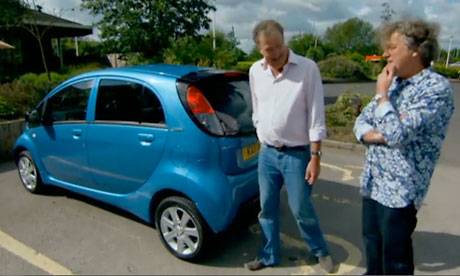A lot of the media have recently started to write about the upcoming constituency boundary review due to three of the UK’s Boundary Commissions releasing their draft proposals this September. For those who don’t know; the Coalition’s Parliamentary Voting System and Constituencies Act 2011 gave the Tories their reduction of parliamentary seats from 650 to 600 and gave us a poorly timed AV Referendum which we went onto lose, predictably.
- It should be noted that according to 2010 GE manifestos, the Tories wanted a reduced number of 585 whereas the Liberal Democrats wanted a shocking 500 parliamentary seats!! This must have been a knee-jerk reaction to the MP’s Expenses scandal as the national casework quota never changes and so less MP’s just calls for more support staff and additional costs. I personally advocate 1000 Westminster MP’s whom represent 45 – 50,000 constituents each. It would make them that more representative to the public, would drive up accountability, strengthen ‘local ties’ and an efficiency drive in the sharing of cross-party parliamentary constituency resources would limit additional costs.
 |
| The review could see a big loss of seats for the Lib Dems! |
Personal rant over! as we are where we are and where we are is a very difficult place indeed. I first thought this process would be biased in its criteria for the two government parties as had been the way in past boundary reviews. However, it looks like ‘equality’ is the name of the game as Lewis Baston of Democratic Audit, a research group working from Liverpool University has developed a boundary model where “Tories would lose 16 seats – 5.2% of their total; Labour would lose 17 – 6.6%; and the Liberal Democrats a crippling 14 – 24.6%”. It would then appear ‘equality’ is a selective game at that as numerically it’s equal but certainly not proportional. The process of dissecting and transplanting wards onto constituencies in order for their constituent total to range from 72,810 to 80,473 is going to be ruthless and will result in many a parties’ support base being split up and losing its majority significance.
With this in mind, the Liberal Democrats will need to consider their position on several fronts; our proposals and rebuttals towards the boundary review, the mandatory parliamentary approval that must be achieved by October 2013 and our longer-term view of the coalition and post-2015. All the parties will submit consultation responses to the four UK Boundary Commissions as well as attend consultative hearings, however, the final proposal will have good points and bad points – possibly including the loss of several Scottish Liberal Democrats and the narrowing of marginal seats. Mark Pack is leading the Liberal Democrat negotiation team on this and I’m confident he’ll do a sterling job but I do fear the final outcome.
 |
| How much longer can the friendship last for them? |
One that will need to be voted on!! Question remains; should the Liberal Democrat leadership whip our MP’s into voting their own political execution? I don’t think they should nor could they if MP’s decide to revolt. This leaves us to consider our time in government, hopefully until May 2015 but potentially until October 2013. On the 2013 assumption, Nick Clegg has already sounded sensible cautioning on the UK’s low economic growth and the need for a longer timeframe as we see the country ease itself through the recovery. A change in economic reference is necessary as world events wash up against our economic shores but it puts into real doubt even the slightest glimmer of positive recovery in time for 2013.
A No vote by our MP’s would almost see the instant breakdown of the coalition as this is the Tories only plan in avoiding another hung-parliament and being ‘lumbered’ with us lot again ;). There is a possibility of a Confidence and Supply arrangement and this would see us continue to get some of our policies through but much less than in the Coalition Agreement. With the larger possibility of an Autumnal 2013 General Election and a sluggish economy, should we not consider exercising our recently acquired political muscles in order to leverage some more publically identifiable Liberal Democrat policies in the mean time? It’s a question of strategy and second-guessing – it’s a fine line between love and hate for the coalition partners.









